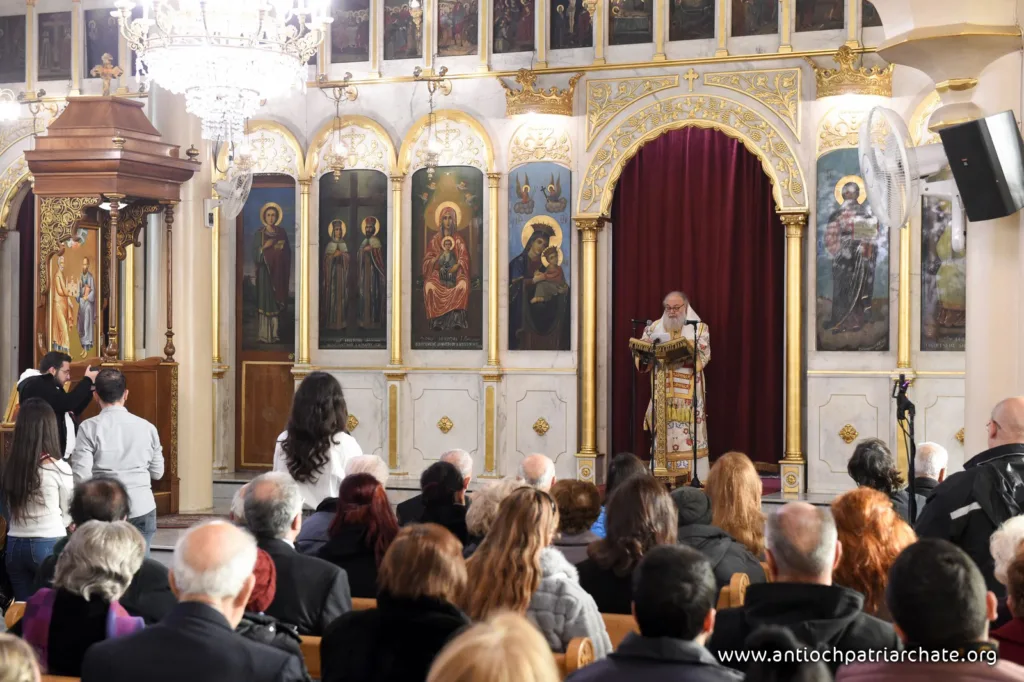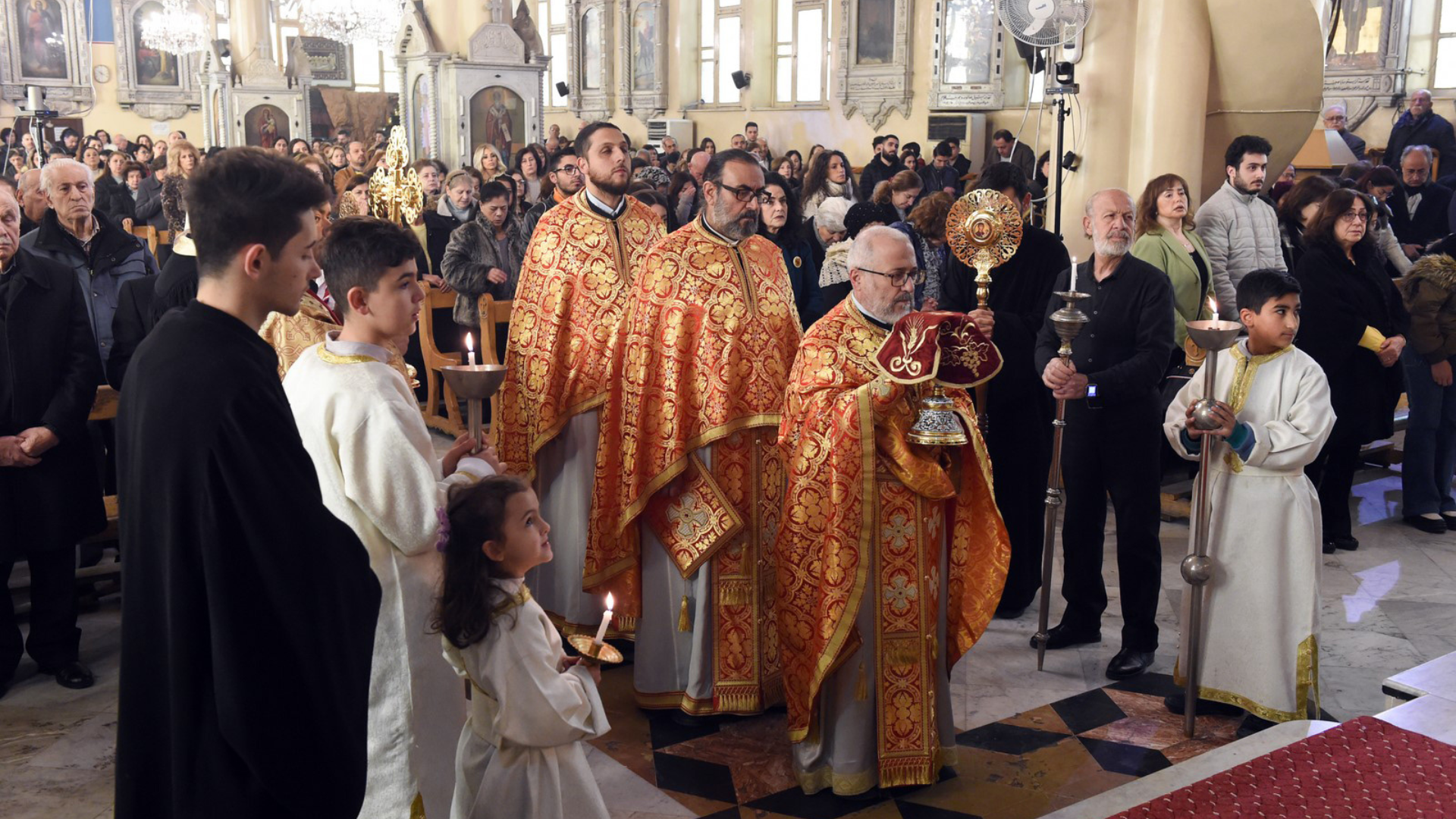For the first time since the overthrow of President Bashar al-Assad last week, Syrian Christians attended Sunday services, marking a significant moment of religious observance under the new Islamist leadership group Hayat Tahrir al-Sham (HTS).
The HTS, which seized power in Syria’s capital, has sought to reassure minority communities that their rights and way of life will be safeguarded.
In the Christian neighbourhood of Bab Touma in Damascus, streets were filled with worshippers returning from Mass, though many expressed lingering fear.
Historically, Syria is home to diverse ethnic and religious minorities, including Christians, Kurds, Armenians, and Shiite Muslims, many of whom feared Islamist rule during the ongoing civil war.
In Latakia, once an Assad stronghold, Lina Akhras of the St. George Greek Orthodox Cathedral said that while Christians had enjoyed religious freedom under Assad, they simply wanted to live peacefully. Despite the sudden collapse of Assad’s regime, Akhras noted receiving assurances from HTS, with members reaching out to local clergy.

The protection of minorities was a central topic during recent diplomatic talks, with officials from the US, EU, Arab nations, and Turkey expressing support for a new inclusive government.
US Secretary of State Antony Blinken emphasised the importance of safeguarding minority rights and preventing the country from becoming a safe haven for terrorists.
In a sign of returning normalcy, schools reopened across Syria on Sunday, December 15. However, some parents remained hesitant to send their children to class due to ongoing uncertainties. Students, optimistic about the future, celebrated the first day back with new flags and enthusiasm.
As Syria begins the arduous task of rebuilding, Ahmad al-Sharaa, the de facto leader of the new regime, faces immense challenges, including international sanctions.
The United Nations hopes for the lifting of sanctions to facilitate the country’s recovery and reconstruction efforts.
